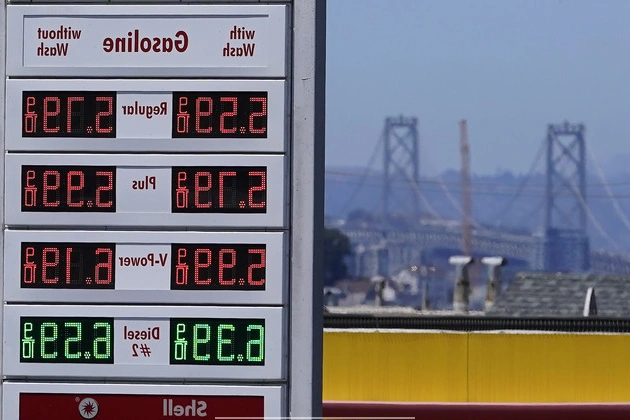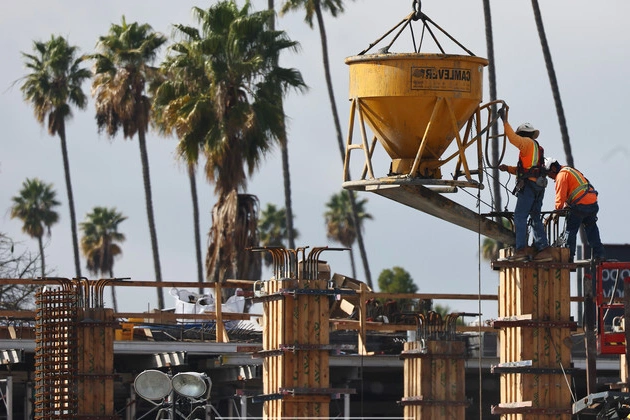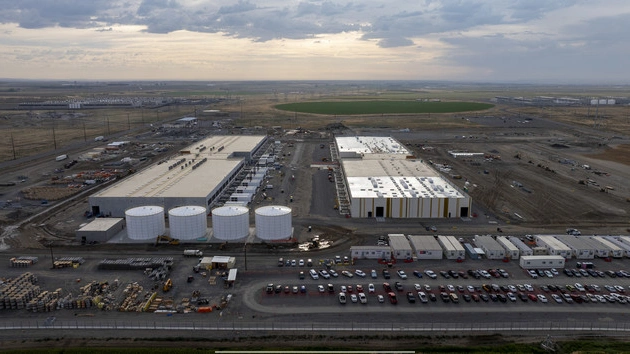
Introduction
California’s renowned climate policies are encountering unexpected resistance from within the Democratic party itself, posing a significant challenge to the state’s emissions market for transportation fuels.
Democratic Opposition to Climate Measures
A group of seven Democratic senators recently introduced SB 237, a bill that aims to cap prices in California’s low-carbon fuels market, contrary to the original plan of incentivizing the sale of biofuels and non-fossil fuels through price increases.
Senate President Pro Tem Mike McGuire expressed his support for the bill, emphasizing its potential to reduce costs for drivers while advancing climate and energy goals.
Key Provisions of SB 237
SB 237 encompasses various measures to address gas prices, including capping credit prices around $75 per ton and transitioning to a broader, West-wide gasoline standard. Additionally, the bill streamlines environmental permitting for refiners and enhances state oversight on rules affecting retail fuel prices.
Diverse Support and Concerns
Surprisingly, the bill has garnered support from both the petroleum industry and environmental justice advocates, highlighting its nuanced impacts on various stakeholders.
Implications and Controversies
The proposed changes have sparked debates on the efficacy of California’s current fuel regulations and their alignment with neighboring states. While some view the bill as a pragmatic step towards market alignment, others express concerns about potential setbacks in climate policy.
Outlook and Negotiations
The introduction of SB 237 has set the stage for discussions on its interplay with California’s cap-and-trade program and potential implications for environmental justice initiatives and industry dynamics.
Conclusion
The evolving landscape of California’s climate policies underscores the complex interplay between regulatory frameworks, economic considerations, and environmental objectives, shaping the state’s path towards a sustainable future.















